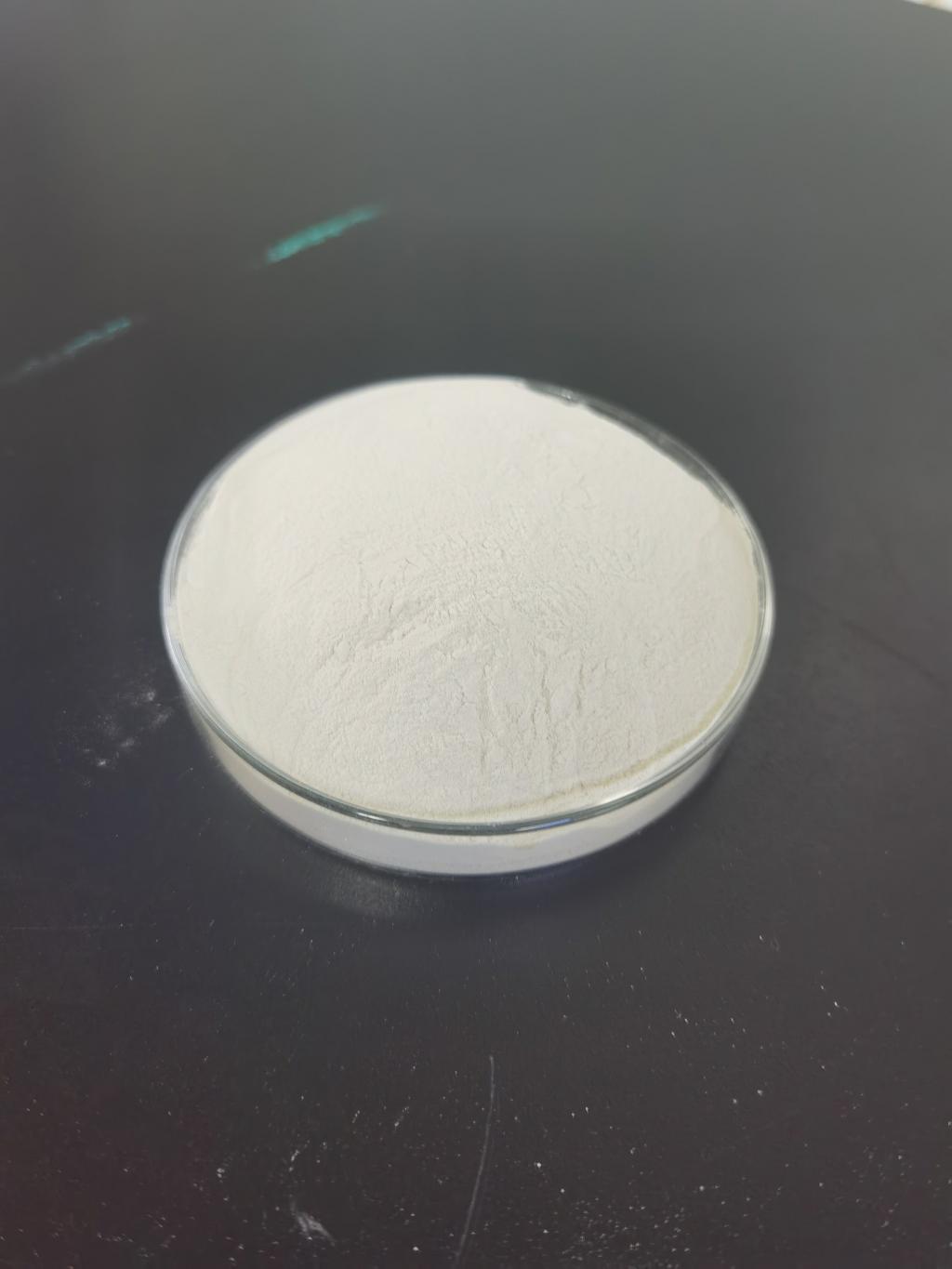Tel:+8618231198596

News
 CONTACT
CONTACT
 CONTACT
CONTACT
- Linkman:Linda Yao
- Tel: +8618231198596
- Email:linda.yao@dcpharma.cn
- Linkman:CHARLES.WANG
- Department:Overseas
- Tel: 0086 0311-85537378 0086 0311-85539701
News
How does Nisin affect the pH of food products?
TIME:2023-05-12
Understanding pH:
pH is a measure of the acidity or alkalinity of a solution and is determined by the concentration of hydrogen ions (H+). The pH scale ranges from 0 to 14, where a pH of 7 is considered neutral, values below 7 indicate acidity, and values above 7 indicate alkalinity. In the context of food, pH plays a crucial role in microbial growth, enzyme activity, flavor, texture, and overall product stability.
Nisin and pH:
2.1. pH Stability:
Nisin is remarkably stable over a wide range of pH values, making it suitable for various food systems. Studies have shown that nisin retains its antimicrobial activity at both acidic and neutral pH conditions, making it effective in products with diverse pH levels.
2.2. Acidic Foods:
Nisin can influence the pH of acidic foods through its antimicrobial activity. By inhibiting the growth of acid-producing bacteria, nisin can prevent the production of organic acids, thereby reducing the overall acidity of the product. However, it is important to note that the direct impact of nisin on pH in acidic foods may be minimal compared to its primary role in microbial control.
2.3. Fermented Foods:
Fermented foods, such as yogurt and cheese, rely on the activity of lactic acid bacteria for their production. Nisin, when used in combination with these bacteria, can modulate the pH of fermented products. It promotes the growth of lactic acid bacteria while inhibiting the growth of competing organisms, leading to increased acid production and a decrease in pH.
2.4. Alkaline Foods:
Nisin's effectiveness in alkaline food products has been a subject of investigation. While nisin's antimicrobial activity is generally reduced at higher pH levels, studies have demonstrated that it can still inhibit the growth of certain pathogens and spoilage organisms in alkaline conditions. However, its impact on pH modulation in alkaline foods is limited.
Implications for Food Preservation and Quality:
3.1. Extended Shelf Life:
Nisin's ability to inhibit the growth of a wide range of bacteria, including spore-forming and heat-resistant organisms, contributes to the extension of shelf life in various food products. By controlling microbial growth, nisin helps maintain product quality and safety over an extended period.
3.2. Preservation of Acidic Foods:
In acidic foods, nisin can prevent spoilage by inhibiting acid-producing bacteria, thus preserving the sensory attributes and overall quality. This preservation effect indirectly influences the pH by reducing the production of organic acids, which could otherwise lead to excessive acidity and product deterioration.
3.3. Fermented Product Quality:
Nisin plays a crucial role in fermented products by promoting the growth of desired lactic acid bacteria and inhibiting unwanted microorganisms. This leads to improved fermentation, enhanced flavor, and texture development, resulting in a superior product quality.
Regulatory Considerations:
The use of nisin as a food preservative is regulated by food safety authorities in different countries. Maximum permitted levels and specific applications vary, and adherence to regulatory guidelines is essential to ensure consumer safety and maintain product quality.
Conclusion:
Nisin, as a natural antimicrobial peptide, not only inhibits bacterial growth but also has implications for pH modulation in food products. Its stability across a wide pH range and its ability to influence the growth of acid-producing bacteria and lactic acid bacteria make it a valuable tool in food preservation and quality control.
Nisin's impact on pH is most prominent in acidic and fermented food products. In acidic foods, nisin inhibits the growth of acid-producing bacteria, thereby reducing the overall acidity of the product. This can help maintain the desired pH level and prevent excessive acidification that could negatively affect taste, texture, and shelf life.
In fermented foods, nisin works in synergy with lactic acid bacteria, promoting their growth and inhibiting competing microorganisms. This leads to increased production of lactic acid, resulting in a decrease in pH. The controlled acidification contributes to the development of unique flavors, improved texture, and extended shelf life of fermented products.
However, it is important to note that nisin's direct impact on pH modulation in alkaline foods is limited. While its antimicrobial activity is generally reduced at higher pH levels, nisin can still provide some protection against specific pathogens and spoilage organisms. Nevertheless, its influence on pH in alkaline products is not as significant as in acidic and fermented foods.
The implications of nisin on food preservation and quality are substantial. By inhibiting the growth of various bacteria, including pathogenic and spoilage organisms, nisin extends the shelf life of food products. This preservation effect helps maintain sensory attributes, nutritional value, and safety.
Moreover, nisin's ability to promote the growth of desirable lactic acid bacteria and control unwanted microorganisms in fermented foods contributes to the overall quality of the end product. The fermentation process is enhanced, resulting in improved flavor, texture, and consistency.
It is worth mentioning that the use of nisin as a food preservative is subject to regulations and guidelines set by food safety authorities. Maximum permitted levels and specific applications vary between countries, and it is essential for food manufacturers to adhere to these regulations to ensure consumer safety and maintain product quality.
In conclusion, nisin's influence on pH in food products is notable in acidic and fermented foods. Its ability to inhibit acid-producing bacteria and promote the growth of lactic acid bacteria contributes to pH modulation, preservation, and quality enhancement. Understanding the role of nisin in pH control allows for improved food safety, extended shelf life, and the production of high-quality food products.
- Tel:+8618231198596
- Whatsapp:18231198596
- Chat With Skype







